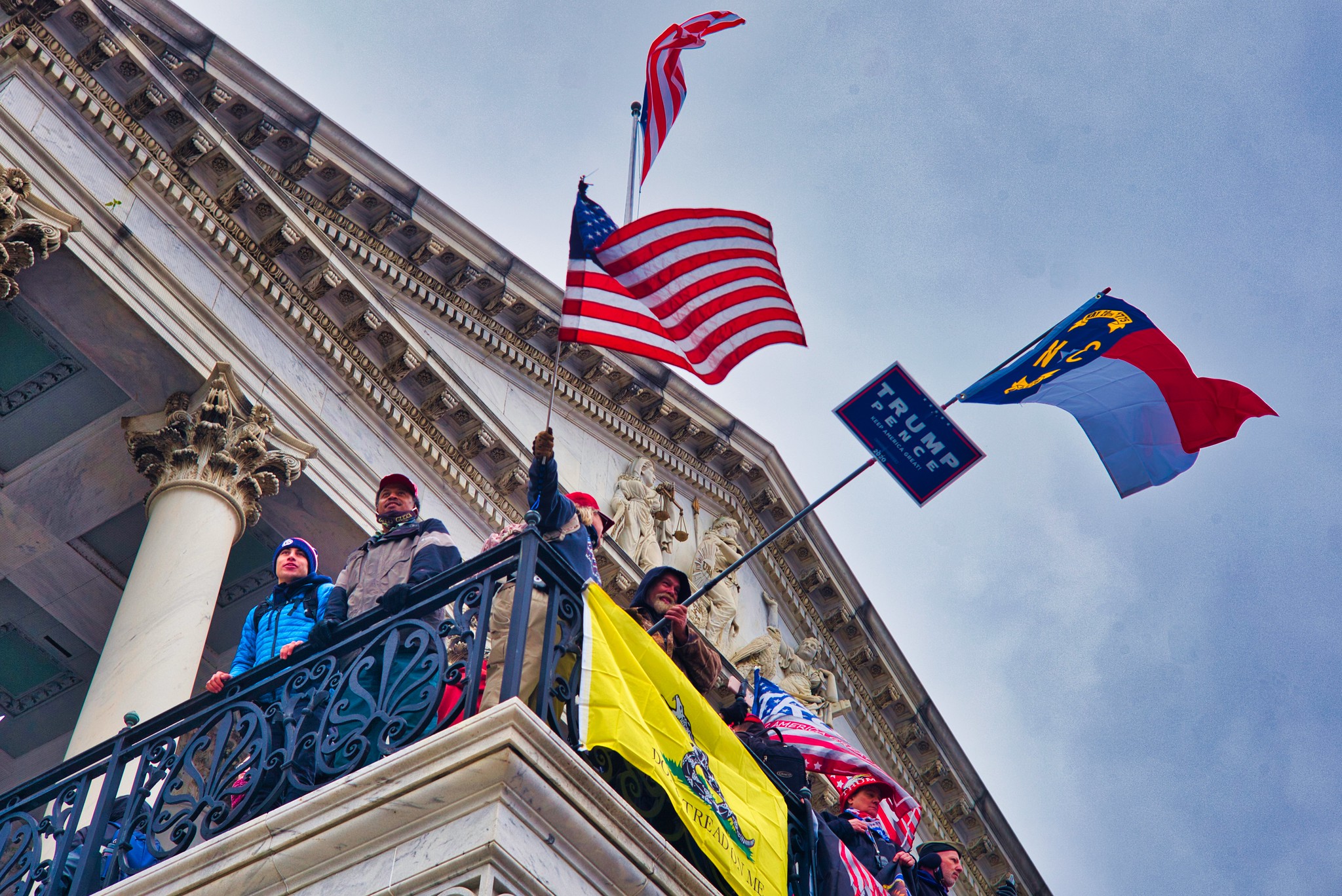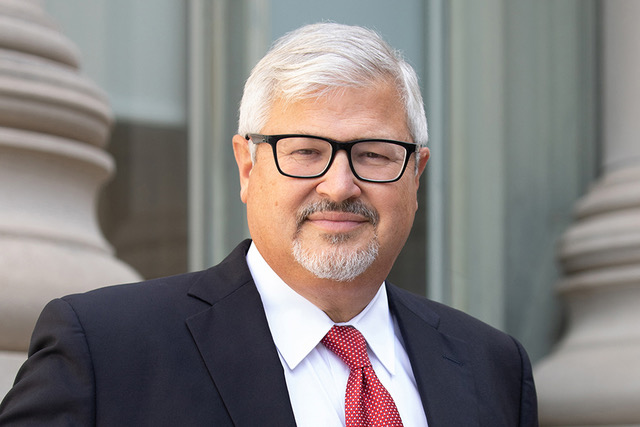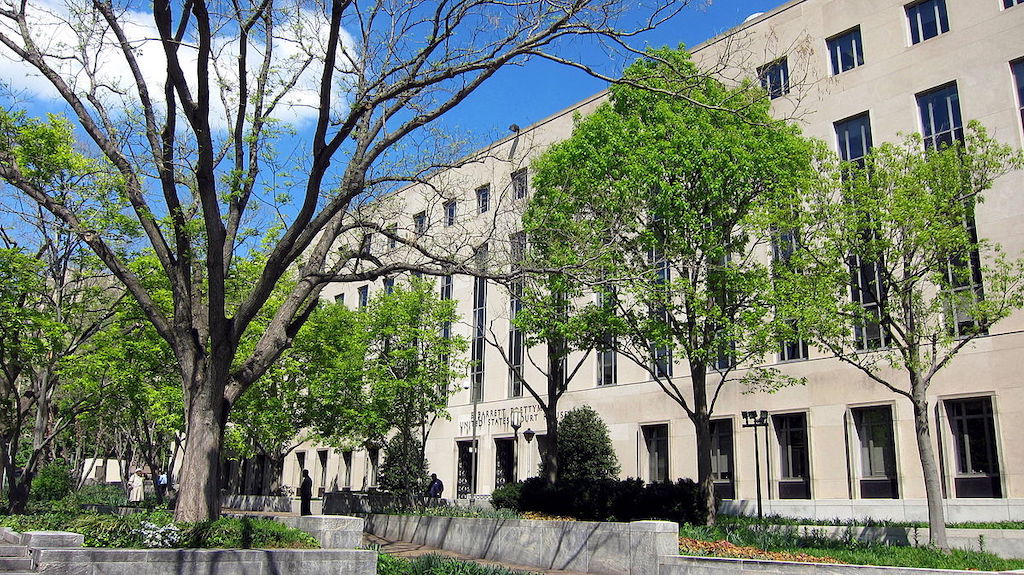More on How to Think About the Costs of the Trump Election Fraud Prosecution

Published by The Lawfare Institute
in Cooperation With

Last week I argued in the New York Times that the Biden administration’s election fraud prosecution of former President Trump “might be justified” but nonetheless “reflects a tragic choice that will compound the harms to the nation from Mr. Trump’s many transgressions.” I acknowledged that it was “entirely legitimate” for Special Counsel Jack Smith to think “that the importance of protecting democratic institutions and vindicating the rule of law in the face of Mr. Trump’s brazen attacks on both outweighed any downsides,” or even that “the downsides [of the prosecution] were irrelevant.” My argument was (a) there will be downsides to the prosecution, (b) the downsides might outweigh the upsides, (c) the prosecution “will be seen as a mistake if, as is quite possible, American democracy and the rule of law are, on balance, degraded as a result,” and (d) “the nation must absorb” the downsides of the prosecution to figure out whether it makes things better on balance.
There were some funny moments in the many tart reactions to this argument, including that I had “complete[ly] and total[ly] capitulat[ed] to Donald Trump.” But some thoughtful responses raised good points that I did not address in my original piece and would like to address here.
One came from Ilya Somin, who argued:
But letting Trump off the hook is likely to be far worse. If Trump—or any president—is granted impunity for using force and fraud to try to stay in power after losing an election, future presidents could well repeat Trump’s experiment. Lots of ambitious politicians would love to stay in power indefinitely. And if there are no penalties for trying, why not have at it? Some of those future leaders might even contrive to put together a more effective scheme of election nullification than the ramshackle scheme pursued by Trump. …
Exclusive reliance on political accountability is particularly inappropriate in the case of Trump’s election-related wrongdoing. The whole point of Trump’s crime was in fact to undermine electoral accountability—the very process that is supposed to keep him in check. The threat of losing an election is not much of a deterrent for schemes to overturn elections. … Compared to this danger, the concerns raised by Goldsmith . . . are minor.
I agree that “letting Trump off the hook” might be far worse than prosecuting him. My main point is that we cannot now know, and the answer is not obvious, at least to me, especially in light of our broken politics, the novelties and uncertainties in the legal case against Trump, the weight of past Justice Department mistakes and excesses in investigating Trump, and (to add a point not in my piece) Eric Posner’s reminder that “trials in which legal proceedings are used to remove political opponents from power or prevent them from taking it … have a long and storied history of backfiring on their perpetrators.” If Trump is convicted, and the trial is and seems fair, and the Supreme Court upholds its validity, Smith may well be a triumphant savior of American democracy, especially if Trump self-destructs in ways that diminish him politically. But what if only a few of these things happen, or none of them?
Somin says, for example, that if Trump is not prosecuted, future presidents will be emboldened to repeat his experiment. Maybe, but maybe not, in light of the financial and reputational costs Trump has suffered. The larger point, however, is that the prosecution might go off the rails in ways that make things worse. Somin’s argument appears to assume that conviction is assured. What if Trump is acquitted (including via jury nullification), or his conviction is thrown out? What if it becomes clear that what he did was not unlawful, as may well happen? What if Trump wins the presidential election and perceived overkill by the Biden Justice Department is seen as a contributing cause? These outcomes might well embolden a future Trump more, perhaps much more, than non-prosecution. Very hard to say. In assessing the upsides and downsides of the prosecution, one must think in terms of all plausible futures and counterfactuals. Yes, as I said in the opening, the future may be such that non-prosecution would be worse, perhaps much worse, than prosecution. But the opposite might be true as well. We cannot be confident now.
A somewhat different (in part) response came from David French, who argued:
My view is that the American government faces greater risks if prosecutors don’t try to punish Trump for his coup attempt. As I wrote on the day of the indictment, it’s necessary to prosecute Trump on these facts—not because a conviction is inevitable but because our nation cannot set a precedent that presidents enjoy a zone of impunity for their misconduct that no other citizen enjoys.
I wouldn’t just be comfortable bringing this case to a jury; I’d be eager to make my argument. But I’d also know that Trump’s legal team has its own defenses, and it’s far from certain that a judge or a jury will agree with the prosecution’s case. But democracies aren’t sustained without risk, and prosecuting Trump is a risk our nation needs to take.
I have the same response to French’s argument—akin to Somin’s—that, because the on-balance costs of non-prosecution are greater than the benefits, the risks are worth taking. Maybe, maybe not; very hard to know.
But French’s argument also shades into a non-consequentialist one. He seems to be suggesting, at least in part, that Trump’s actions were so bad that the nation had to respond to them through criminal prosecution to try to vindicate principle even if the worst-case scenario develops, perhaps (I am reading in a bit here) because we cannot otherwise claim to be a constitutional democracy committed to the rule of law.
If I am construing French’s argument right, it is a complete response to the single normative argument I made in the New York Times: that the prosecution “will be seen as a mistake if, as is quite possible, American democracy and the rule of law are, on balance, degraded as a result.” No, French might be seen to respond, it will not be a mistake, because we simply don’t live in a democracy governed by the rule of law if Trump is not prosecuted. In other words, the nature of our political-legal system demands a prosecution, which is the right thing to do no matter what.
If this is French’s view, I made no argument against it in my New York Times piece. It is a serious argument, but I am skeptical. Mine is not an argument for blanket immunity for former presidents, or even an argument for not prosecuting Trump here. But at the same time, I do not think that prosecuting a former president for very bad acts committed in office is constitutive of constitutional democracy or the rule of law, especially when the bad acts are not obviously covered by extant law. And prosecution for crimes cannot be the sine qua non of our system of government, since government lawyers every day decline to prosecute acknowledged criminals due to the broader costs to the community of doing so, though French might argue that this principle does not apply in this high-stakes context. (There is of course much more to say here; I gestured at some of these arguments in After Trump on pages 239-244; Bob Bauer argued the other side on pp. 233-238.)
Bringing the discussion back to consequences, Jonathan Chait closes his critical response to my piece with a smidgen of agreement and two questions: “[Goldsmith] is right that the outcome from Smith’s prosecution will be terrible. But worse than the alternative? How could it be worse?” My worry, though not my hope, is that we are going to learn the answer to this last question.




